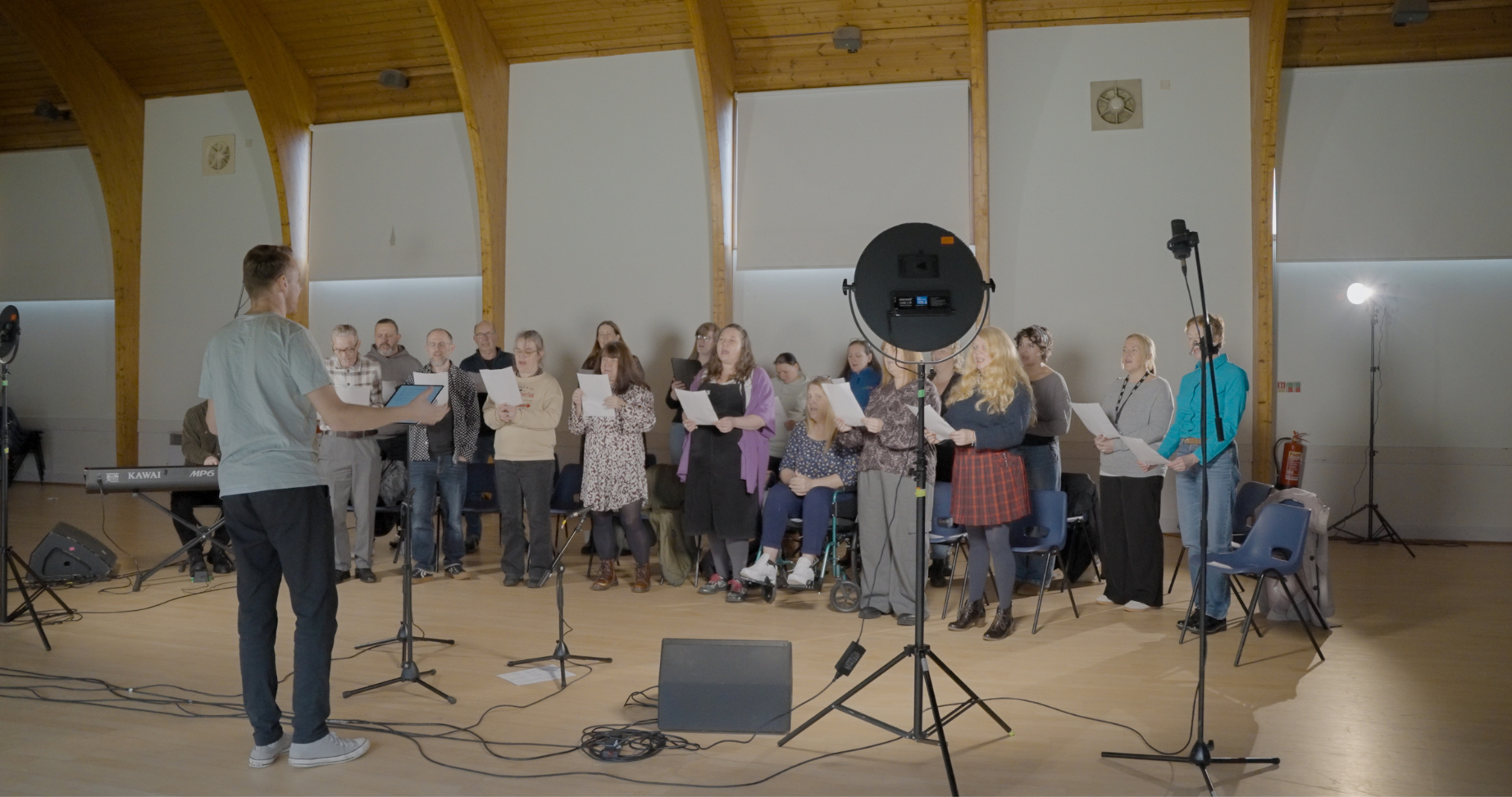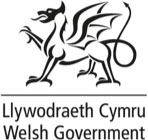
Unpaid carers in Bridgend ask ‘Who Cares?’
A group of unpaid carers in Bridgend County Borough are pleading for authorities to make their caring lives easier at the launch of their original song, ‘Who Cares?’, today.
‘Connecting Carers’ delivered by community arts charity Tanio worked with groups from Brackla and Bettws to record ‘Who Cares?’ in December.
The song talks of the daily mental and physical struggle unpaid carers face, and their dedication to the people they care for.
According to the last census, there were 310,000 unpaid carers in Wales in 2021. That figure is expected to grow to more than half a million by 2037.
Unpaid care can have an adverse impact on the mental well-being of carers, damage health, and reduce quality of life, education and employment potential. The longer an unpaid carer has to look after their loved ones, and the higher the level of care needed, the worse the effects will be.
The Bridgend unpaid carers groups wrote the lyrics for ‘Who Cares?’, while Matthew Frederick, a singer/ songwriter and owner of record label Staylittle Music, wrote the original score, under commission from Tanio. The social enterprise Choirs for Good, which runs community wellbeing choirs throughout Wales, supported and conducted the singers, and recorded the song.
‘Who Cares?’ pleads the powers that be to listen and support unpaid carers:
“I feel invisible. It’s insurmountable. Am I winning in this fight? It’s a daily battle now. Who will listen if I’m struggling? Troubling thoughts run through my mind. I tell myself that I won’t break… Even on the days that I’m not okay I keep smiling anyway. Is anybody really listening? And who cares?”
Rob Lester, an unpaid carer who supports his 13 year old daughter who has autism, said:
“In composing and recording the song ‘Who Cares?’, we really hope that this will bring attention and shine a light on the plea of unpaid carers. We play a massive role in our communities, but we face huge barriers in accessing support at the most difficult times.
“The process of producing and recording the song has helped us come together, share the challenge we all face in our very individual and personal circumstances, and give each other the support we need but don’t always get from the authorities, which should be helping us.”
This is doubly important for unpaid carers: if they are not able to care, then the crisis extends. At least two people end up in crisis – the carer and the person they care for.
Iori Haugen, Director of Choirs for Good, said:
“Choirs For Good were incredibly happy to produce the video in partnership with Cwmpas and Tanio. The ‘Connecting Carers’ project is exactly the kind of community focussed work we like to support, especially when music and singing is involved.
“Let’s hope people connect with it, and understand how important unpaid carers are to our communities – and how much they need our support.”
Cwmpas’s Consultant for social care, Donna Coyle, who is supporting and facilitating the growth of Connecting Carers groups, said:
“There is a plea throughout ‘Who Cares?’ for better help and support for all the amazing dedicated unpaid carers across Bridgend, and Wales. Our carers work many hours a week, unpaid, caring for people of all ages – but to do this they have to fight and battle to get what’s needed for themselves and for the people they care for.
“If national and local authorities really listened and responded to carers requests, we wouldn’t need to have ‘fighters and warriors’. Please, let’s change that, and start to properly support unpaid carers.”
The weekly Connecting Carers support groups tackle loneliness and isolation and boost mental health. They offer an opportunity to share both the frustration and the joy of caring in a safe, fun, creative space where unpaid carers can get out of their normal headspace and find ways to help one another.
What can you do to support unpaid carers? Take a listen to the song, first and foremost, and then think about how to involve unpaid carers in creating a solution that meets their needs.
Is anybody really listening? And who cares?
Now available on music streaming services
Spotify, Apple Music, iTunes, YouTube Music, Amazon, Deezer









